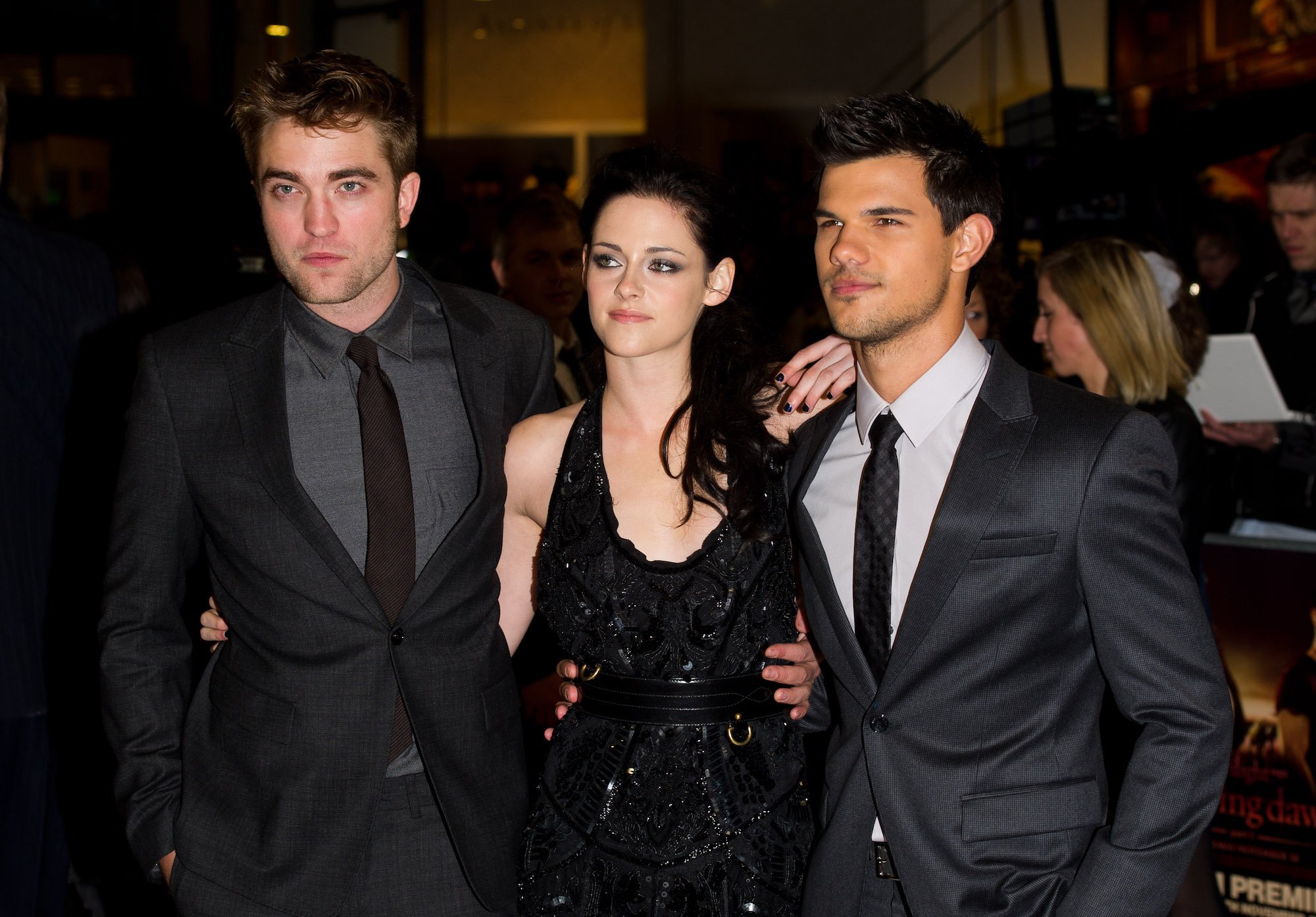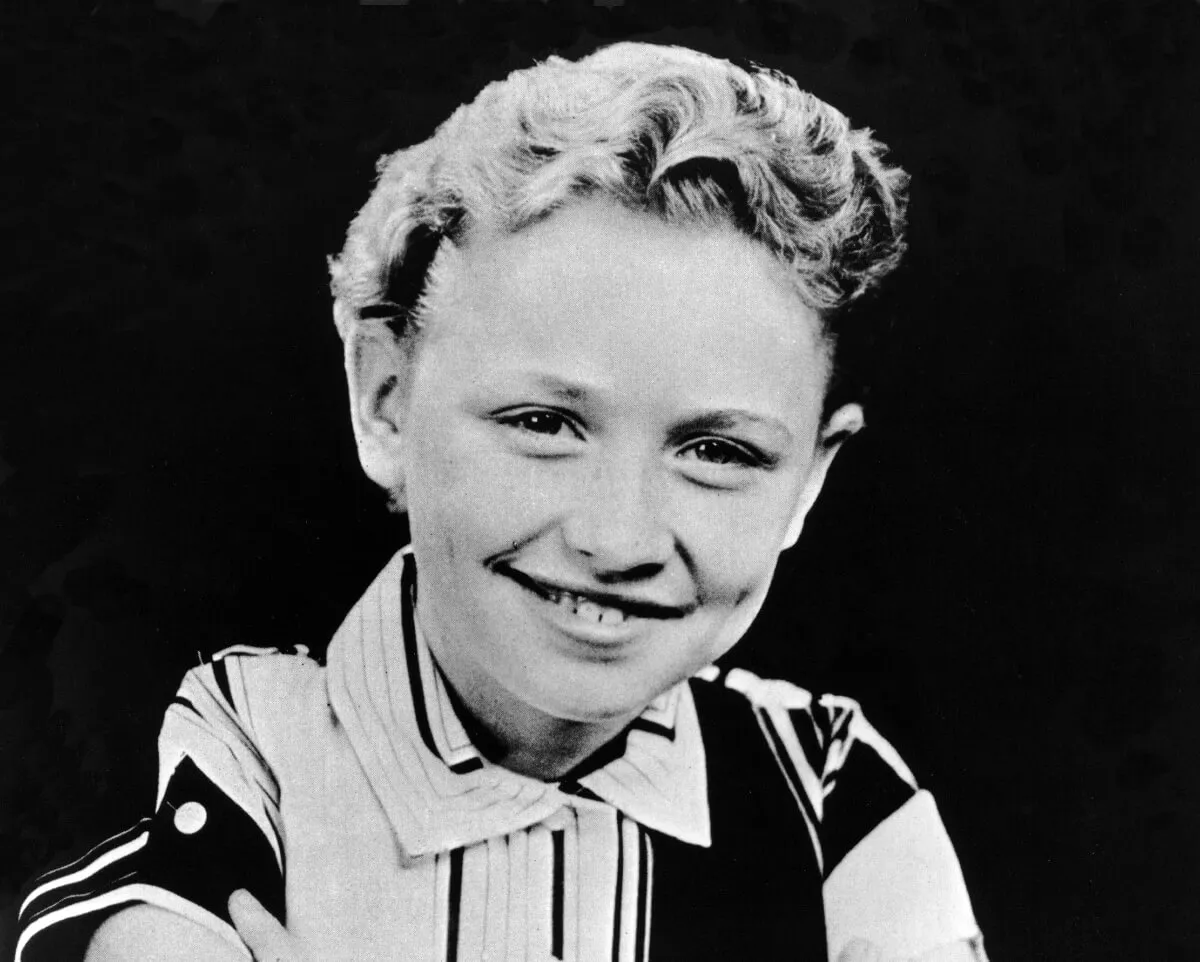‘Twilight’: Native American and First Nations Actors Were Integral to the Film
It’s been more than a decade since moviegoers were first introduced to the film adaptations of the popular Twilight saga. Since that time, the films have provided plenty to talk about. Fans have stayed busy combing through the films and books to help support elaborate theories about the characters. The movies also acted as a platform for Robert Pattinson to break onto the mainstream entertainment stage and then surprise everyone by taking on deeper and more critically-acclaimed roles. The films have also been picked apart by fans who found both the story and the acting to be subpar.
What some fans may not have realized is the care and attention that went into making sure that Native American and First Nations representation was centered in the casting.

‘Twilight’ features several Native American/First Nations characters
The Twilight saga follows feuding groups of supernatural creatures — vampires and werewolves. The primary love triangle of the series revolves around Bella Swan (a human — at least at the start of the series), Edward Cullen (a vampire), and Jacob Black (a werewolf). The Wolf Pack, as they became known, features several characters who move back and forth between human and werewolf form. They featured heavily in The Twilight Saga: Eclipse, which premiered in 2010. The actors cast to play the members of the Wolf Pack are all Native American or First Nations individuals.
As Reuters reports, the film was notable for its treatment of Native American portrayals because it portrayed the teenage characters as normal kids: “No leather loincloths, no hair feathers, no dancing around campfires, no tales of woe on reservations.” Chaske Spencer, one of the actors in the group, spoke about how important this portrayal was to him. “There’s a lot of stereotypes that have been squashed,” Spencer explained.
Native American representation in Hollywood is a long-standing problem
There have been some notable films that have featured Native American characters in recent years, and that’s definitely an improvement in terms of representation. Films like The Ridiculous 6, The Revenant, and Bone Tomahawk have provided casting opportunities for Native American and First Nations actors that have long been hard to find. One would hope that these roles have helped alleviate the problems advocates have been calling out for decades. In one high-profile example, Marlon Brando skipped the Oscars, sending Sacheen Littlefeather in his place to make a denouncement of “the treatment of American Indians today by the film industry.”
Unfortunately, more roles have not necessarily translated to better treatment. Many Native American/First Nations parts in even modern films are still mired in stereotype and limited in their scope. Sure, The Ridiculous 6 provided roles for Native American actors, but it was also filled with deeply offensive “jokes” that caused at least a dozen of those actors to walk off the set in disgust. The Indian Country Media Network tried to intervene on behalf of the actors and help steer the film in a better direction, but they were told they could leave if they were offended.
‘Twilight’ took its representation goals seriously
When the casting was set for Twilight‘s Wolf Pack, director Chris Weitztook the responsibility seriously. The characters are all members of the Quileute tribe, and — as People reports — Weitz insisted that only members with documentation proving Native American or First Nations ancestry would be considered for the roles.
This isn’t to say that the film got everything exactly right. Many took issue with turning Native Americans into something akin to mythical creatures. The Quileute tribe, after all, exists. Werewolves do not. Conflating the mythologies of one with the other came off as trivializing to some viewers.
That said, the film did take real effort to pull from authentic myths and traditions rather than a stereotyped and fictional version of some nondescript “Native American” monolith that does not exist. In an article for Vice, Native actor Tyson Houseman — who was in Twilight — also praised the film for being one of the “few Hollywood blockbusters depicting contemporary Native characters as opposed to fake historic relics of a romanticized early American frontier.” He then went on to praise those who protested The Ridiculous 6 by walking off the set, setting the stage for a future in which Native American/First Nations characters are both represented in modern stories and portrayed with dignity and care.


